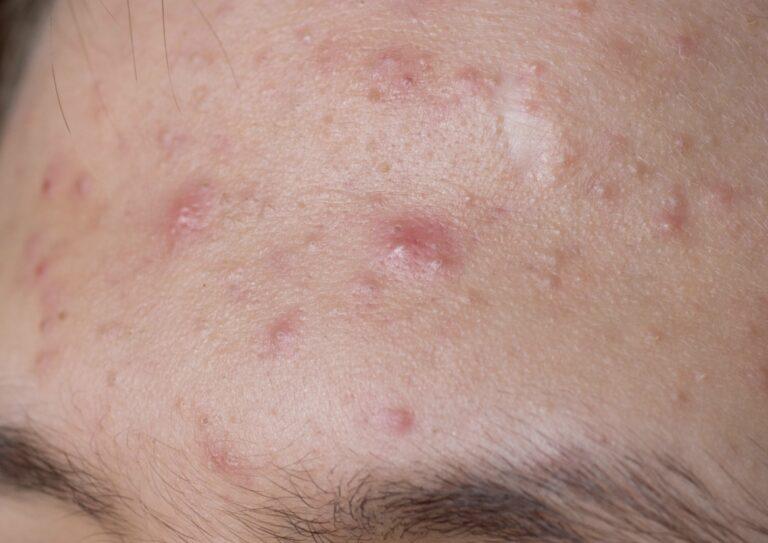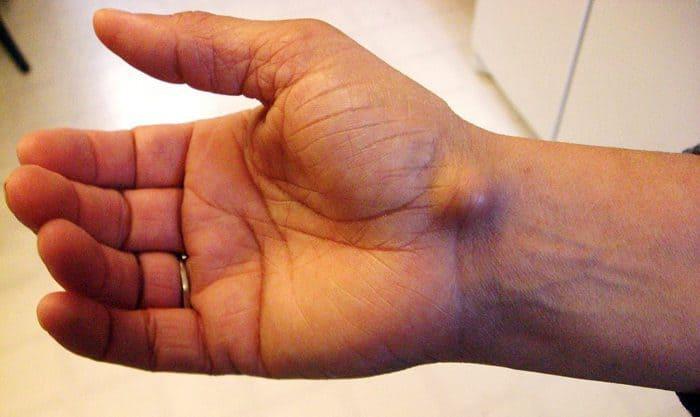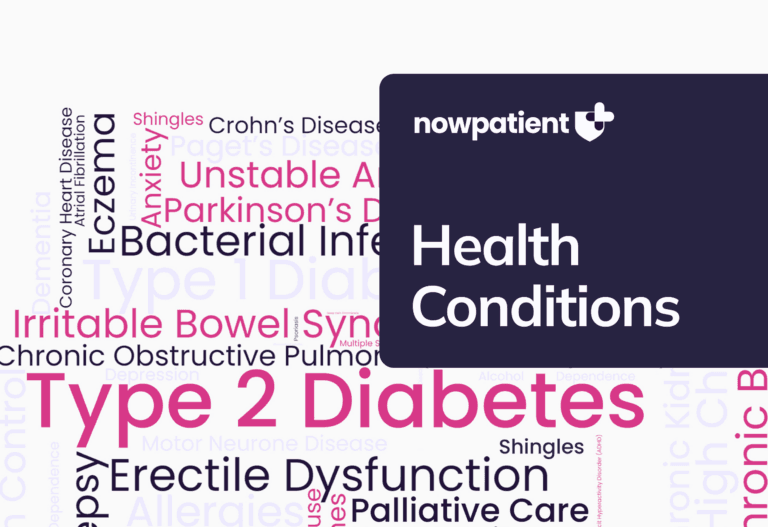
When it comes to skin issues, pimples and cysts are two common concerns that many people face. While they may appear similar, it’s important to understand that there are distinct differences between the two. In this article, we will delve into the topic of pimples and cysts, exploring their characteristics, causes, and treatments. By gaining a deeper understanding of these skin conditions, you’ll be better equipped to address them effectively.
Pimples: An overview
Pimples are a type of skin blemish that occurs when hair follicles become clogged with oil, dead skin cells, and bacteria. They are characterized by small, inflamed bumps on the skin’s surface and are often accompanied by redness and tenderness. Pimples can appear anywhere on the body but are most commonly found on the face, chest, and back.
Causes of pimples
Pimples can be caused by a variety of factors, including hormonal changes, excess oil production, and bacteria buildup. During puberty, hormonal fluctuations can lead to increased oil production, which can contribute to the development of pimples. Additionally, certain medications, stress, and dietary factors can also play a role in the formation of pimples.
Treatment for pimples
Treating pimples typically involves a combination of good skincare practices and targeted treatments. Maintaining a regular cleansing routine, using gentle cleansers, and avoiding harsh scrubs can help prevent the clogging of pores. Over-the-counter topical treatments containing ingredients such as benzoyl peroxide or salicylic acid as a cleanser, lotion or gel can also be effective in reducing inflammation and clearing up pimples. In more severe cases, prescription medications such as antibiotics or retinoids may be necessary.
Cysts: An in-depth look
Unlike pimples, cysts are a more severe form of acne that occurs deep within the skin. Cysts are characterized by large, painful bumps that are filled with pus or fluid. They can be more persistent and longer-lasting than pimples and are prone to scarring. Cysts often require medical intervention to prevent further complications.
Causes of cysts
Cysts can develop for various reasons. One common cause is the blockage of sebaceous glands, which produce oil to keep the skin lubricated. When these glands become blocked, the oil accumulates and forms a cyst. Hormonal changes, particularly during puberty, can contribute to the formation of cysts. Additionally, a family history of cystic acne and certain lifestyle factors such as stress and diet can also increase the likelihood of developing cysts. Other causes include excess sebum (oil) production, clogged pores, bacterial infections, and inflammation.
Treatment for cysts
Treating cysts requires a comprehensive approach that involves professional medical care. Dermatologists are best equipped to handle cystic acne treatment and can offer a range of options tailored to individual needs. Oral antibiotics, prescription-strength topical creams, and isotretinoin (commonly known as Accutane) are some of the treatments that may be prescribed to manage cystic acne effectively. Oral contraceptives for hormonal acne in women can help regulate hormone levels and reduce oil production. In some cases, chemical peels, corticosteroid injections or surgical procedures may be necessary to alleviate the pain and reduce the size of cysts.
Distinguishing between pimples and cysts
While pimples and cysts share some similarities, several key characteristics can help differentiate between the two. Understanding these distinctions is crucial in determining the appropriate course of treatment.
Appearance
Pimples are typically small, inflamed bumps that appear on the skin’s surface. Pimples are usually red and inflamed, and they may contain a whitehead or blackhead. On the other hand, cysts are larger, more prominent bumps that develop deeper within the skin. They are often painful to the touch and may feel like a hard lump beneath the skin.
Contents
Pimples are filled with a mixture of oil, dead skin cells, and bacteria. When a pimple is popped or bursts, this mixture is released onto the skin’s surface. Cysts, on the other hand, contain a combination of pus or fluid, making them larger and more prominent than pimples.
Severity and persistence
Pimples are generally less severe than cysts and tend to resolve within a few days or weeks. Cysts, however, can persist for much longer periods, often lasting several weeks or even months. They are also more likely to cause scarring, making early intervention crucial.
Location
Pimples can appear anywhere on the body but are most commonly found on the face, chest, and back. Cysts, on the other hand, tend to develop in areas with a high concentration of oil glands, such as the face, neck, chest, back, shoulders, and upper arms.
Prevention and self-care
While it may not be possible to eliminate the risk of developing pimples or cysts, there are measures you can take to reduce their occurrence.
Maintaining good hygiene
Keeping your skin clean is essential in preventing the buildup of oil, dead skin cells, and bacteria that can contribute to the development of pimples and cysts. Wash your face twice a day using a gentle cleanser and lukewarm water. Avoid using harsh scrubs or abrasive cleansers, as they can irritate the skin and worsen acne.
Avoiding trigger factors
Certain factors, such as hormonal imbalances, stress, and dietary choices, can exacerbate acne symptoms. While it’s not always possible to control these factors completely, making lifestyle changes such as managing stress levels and adopting a balanced diet can help reduce the frequency and severity of breakouts.
Hands off approach
Resist the temptation to squeeze or pop pimples or cysts, as this can lead to further inflammation, scarring, and the spread of bacteria. Instead, allow them to heal naturally or seek professional medical help for appropriate treatment options. It’s important to treat cystic acne as soon as possible to minimise the risk of acne scarring.
Regular skincare routine
Establishing a consistent skincare routine can help keep your skin healthy and minimize the risk of developing acne. Use non-comedogenic (non-pore-clogging) products and moisturizers suitable for your skin type. Avoid excessive use of heavy makeup, as it can clog pores and contribute to the formation of pimples and cysts.
Seeking professional help
If you have persistent or severe acne, it’s important to seek professional help from a dermatologist. They can provide a thorough assessment of your skin condition and recommend appropriate acne medication based on your specific needs. Dermatology departments have access to a range of medical interventions and can tailor treatment plans to address your unique concerns.
Conclusion
In conclusion, while pimples and cysts may appear similar, they have distinct characteristics that set them apart. Pimples are small, inflamed bumps that develop on the skin’s surface, while cysts are larger, more severe acne lesions that form deep within the skin. Understanding the differences between these two conditions is crucial in determining the appropriate course of treatment. By maintaining good hygiene, avoiding triggers, and seeking professional help when needed, you can effectively manage and prevent the occurrence of pimples and cysts, promoting healthier and clearer skin.
Sources
Medical Disclaimer
NowPatient has taken all reasonable steps to ensure that all material is factually accurate, complete, and current. However, the knowledge and experience of a qualified healthcare professional should always be sought after instead of using the information on this page. Before taking any drug, you should always speak to your doctor or another qualified healthcare provider.
The information provided here about medications is subject to change and is not meant to include all uses, precautions, warnings, directions, drug interactions, allergic reactions, or negative effects. The absence of warnings or other information for a particular medication does not imply that the medication or medication combination is appropriate for all patients or for all possible purposes.









